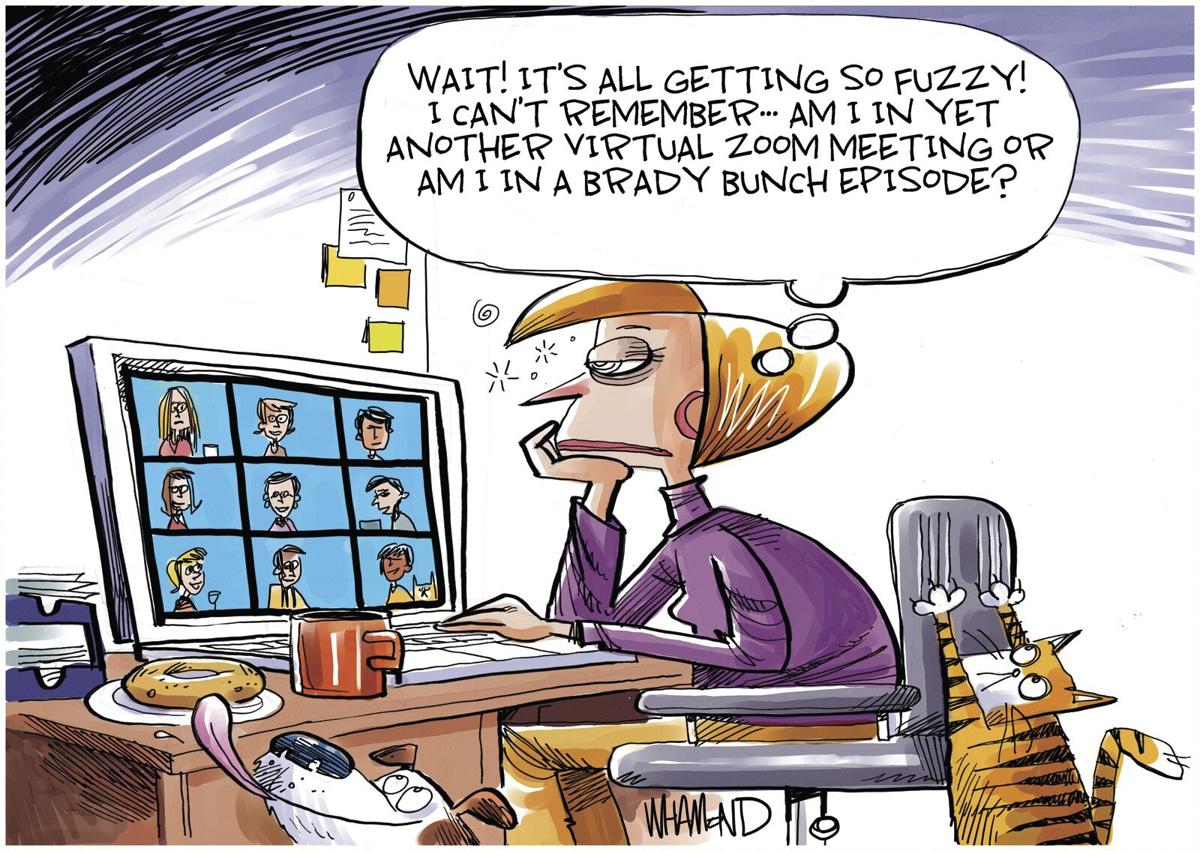
The COVID-19 pandemic changed the world of work overnight, sending millions to do their jobs online and in isolation. Some organizations had ample experience with telework and had a relatively seamless transition, while many others were left scrambling to operationalize a distributed workforce in the course of a few short weeks.
While things may have been hectic and stressful at first, it appears employers and their employees have adjusted successfully and that the new arrangements are being well-received on both sides — a true testament to the power of human ingenuity and adaptability. A discussion of a “new normal” around remote work does not seem out of place. With more companies climbing on board, employers and workers are settling into a life that involves a lot less time wasted traveling to and from the office.
Despite the intensity of the last nine months, it is fair to say we’re still in the early days of the remote work transition. In realizing the benefits of telework, what often gets lost is that this model comes with significant tradeoffs for both employers and employees. To better understand this give-and-take, we recently published a deep-dive review of research on the topic, “The tradeoffs of remote work: Building a more resilient workplace for the post-COVID-19 world.”
In addition to allaying fears of lost productivity, we found that employers are realizing gains in operational cost savings, talent recruitment, operational resilience and lower levels of environmental effectt. On the other hand, businesses also recognize that a dispersed workforce can make it harder to establish and maintain organizational culture, may create perceptions of unfairness for non-remote remote workers, and increases cyber security risks. The wide variation in job responsibilities within organizations and differing worker preferences also makes it challenging for employers to craft a single policy that fits their entire workforce.
Employees appear to gain from improved job and life satisfaction, and increased time for family and recreation. As with employers, workers also save money on commuting and other work-related expenses. They report greater autonomy and flexibility in their schedules and in creating personally tailored work environments.
Unfortunately, remote work can erode the boundaries between work and life, increase a sense of social isolation, and slow career advancement opportunities, especially for new hires. Perhaps the greatest concern is the loss of regular, informal conversations that support work-flow and innovation.
We’re in the middle of a seismic change in work patterns that is being conducted on a compressed timeline in a highly uncertain environment. While we know a good deal about the effect of remote work on businesses, the data on how these shifts are affecting workers is relatively sparse and in need of additional investigation. It appears likely that once the COVID-19 crisis passes, cracks in remote work policy and practice are likely to appear, requiring a renegotiation of standards, norms and practices to ensure we reach a sustainable remote work footing for all parties.
It is clear that remote work is something to be embraced, and that it can be extremely beneficial in creating a workplace and economy that is resilient and efficient. Finding the right balance that maximizes the benefits of remote work and minimizes the downsides will require thoughtful attention to these tradeoffs, as well as a great deal of experimentation. To ensure an equitable and effective shift to this new working model, we must remember that it is not just about productivity, and that the health of remote workers is important to success for individuals, business owners and the economy.
Orrell is a resident fellow at the American Enterprise Institute and Leger is a policy research analyst at AEI. They wrote this for InsideSources.com.
January 07, 2021 at 01:45PM
https://ift.tt/3hSXpFu
Orrell and Leger: Making the Most of Remote Work Requires Balancing the Tradeoffs - Roanoke Times
https://ift.tt/2VuKK1x
Work

No comments:
Post a Comment